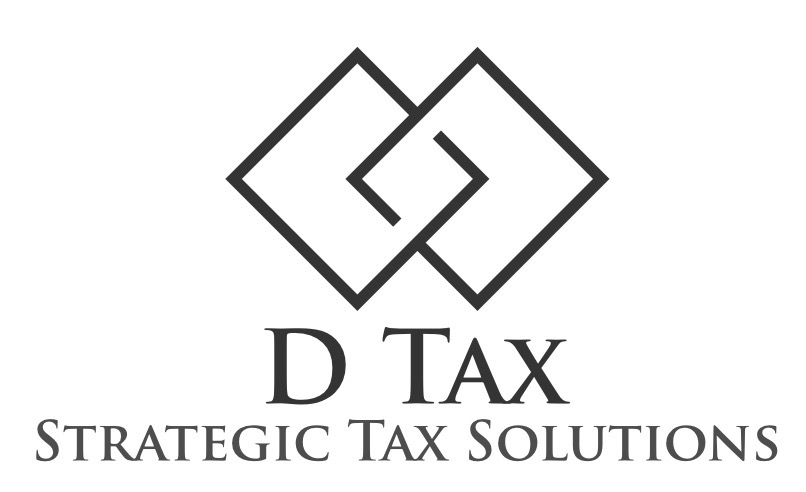Every year millions of people run into trouble with the IRS. You may have unpaid taxes or unfiled returns, you may be facing an audit or a garnishment, or you may have received notices from the IRS. Regardless of your tax problem, there is a resolution.
Here’s a look at several of the most common tax problems.
Unpaid Taxes. The best option is to pay the balance in full, but if you cannot afford to do that, the IRS has a variety of options. Depending on how much you owe and your current financial situation, you may be able to set up a payment plan or pay less than the total balance. In some cases, you can even get your account labeled as currently not collectible where the IRS temporarily suspends all collection activity.
Tax Lien. When you have unpaid taxes, a tax lien is one of the first steps the IRS takes against you. A tax lien is a legal claim to your assets. For instance, if you have a car loan, the lender has a lien against your vehicle. When the IRS files a Notice of Federal Tax Lien, that alerts creditors that the IRS has a legal claim against your property. At this point, the IRS is not taking your property yet. As of 2018, the three major credit bureaus removed tax liens from consumer credit reports. However, tax liens are still public records.
Tax Levy. A tax levy is when the IRS starts to seize your assets. A tax levy is one of the agency’s harshest collection methods, and involves the IRS taking money from your bank account, cars, real estate, and almost anything else of value. Typically, the IRS gives you 30 days’ notice before moving forward with a tax levy and provides you a right to a hearing.
IRS Wage Garnishment. A wage garnishment is a form of tax levy where the IRS takes part of your paycheck. All creditors can garnish your paycheck, but the IRS can seize even more of your paycheck than the average creditor. If you are self-employed, the IRS cannot garnish your paycheck, but the agency can contact your clients and take payments they owe you.
Unfiled Tax Returns. Unfortunately, the fees and penalties for unfiled returns are much worse than the penalties for unpaid taxes. Even if you cannot pay, you should always file your return. There is a statute of limitations for audits and taxes owed. Nevertheless, in both cases, the clock does not start ticking until you prepare and submit the tax return or the IRS files for you. Additionally, the IRS is much easier on you if you come forward voluntarily. If the IRS has to reach out to you and tell you to file, you may face even more penalties.
This article has discussed a few potential IRS problems. Remember, if the IRS contacts you always seek professional tax advice from licensed tax professionals. When near the Orange County area contact the experienced tax assistance team at D Tax Strategic Tax Solutions found online at https://www.DTaxSolutions.com and phone at 888-578-9568. Breathe, realize that the IRS is willing to work with most taxpayers and contact D Tax Solutions today to help you deal with the IRS. https://www.DTaxSolutions.com

